The subject of sustainability with regard to products and packaging materials has acquired an importance in the last few months that hardly anyone would have foreseen a year ago. We examine this new development in this issue of PET worldwide, taking cat food as an example. It is a segment that has experienced a substantial upturn during the coronavirus pandemic. One observation is that trends known from the dog food segment are being assimilated in this segment ever faster - and successfully. Gertjan Willems, managing director of the Dutch pet food manufacturer Prins Tiernahrung, has a plausible explanation for this: "Cat owners are more open to buying high-quality products and to learning more about cats." The entire pet supplies sector is currently benefiting from this.
The change in thinking in the pet food industry is by no means limited simply to eliminating preservatives, colourings and flavour enhancers from food. It is much more far-reaching. In many countries, the question is now even being asked of how animal proteins, which make a demonstrable contribution to global warming and have become scarce and expensive during the pandemic, can be replaced in the short to medium term by plant proteins. Insect-based proteins have also gained significant traction in the market in recent months, because their carbon footprint is much better than that of other animal sources of protein.
The fluctuating global supply chains are proving to be…

 Menü
Menü

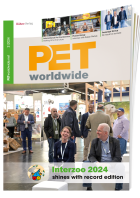






 4/2021
4/2021


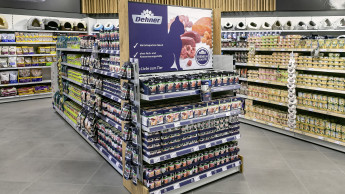


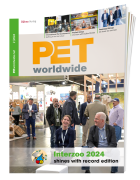





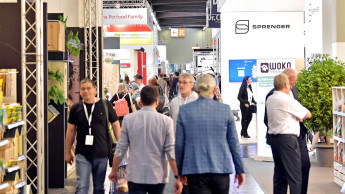
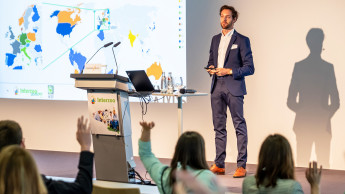
 Newsletter
Newsletter